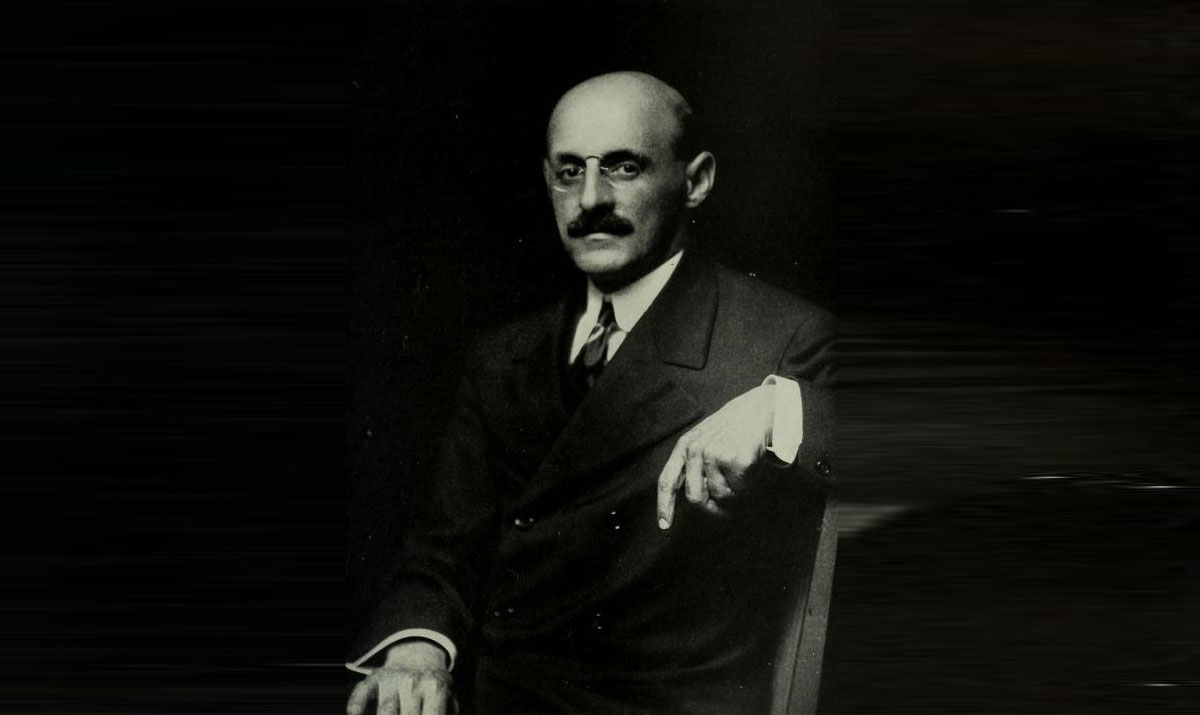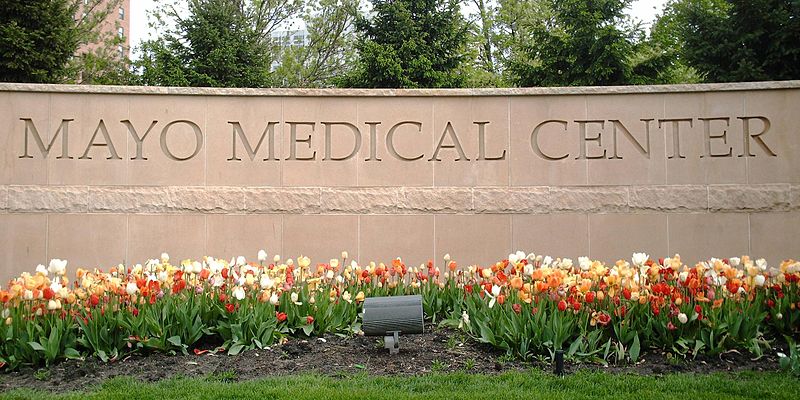[Shortly after its initial posting on this site, this article was also cross-posted on the website the Ludwig von Mises Institute under the title “The Mayo Clinic and the Free Market.” I have made some very minor edits since then. MA. April 18, 2015.]
Neoclassical economists such as Kenneth Arrow and Joseph Stiglitz tell us that the health care market is imperfect (or “Pareto inefficient”), meaning that the allocation of services is not optimal from the standpoint of social welfare. They point to information asymmetry as an important cause of this imperfection: patients cannot distinguish on their own the physician from the charlatan, the surgeon from the butcher, the remedy from the snake oil, the hospital from the coop. This may lead to moral hazard where the party with the most knowledge can provide inferior service with impunity.
To provide the necessary counterbalance for this “knowledge gap,” experts must be in charge of social institutions that tell patients where to go, who to see, how to be treated, and how much it should cost. This has been a principal and virtually unchallenged argument underpinning health care legislation in the last 100 years. In a famous paper he wrote on the subject in 1963, Arrow declared that “It is the general social consensus, clearly, that the laissez-faire solution for medicine is intolerable.”
But for those who wonder how intolerable the “laissez-faire solution” really is, a short booklet published in 1926 may prove instructive. Continue reading ““Intolerable” laissez-faire in medicine: the early years of the Mayo Clinic”

